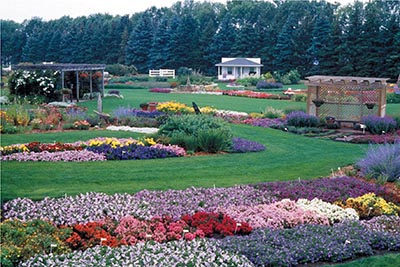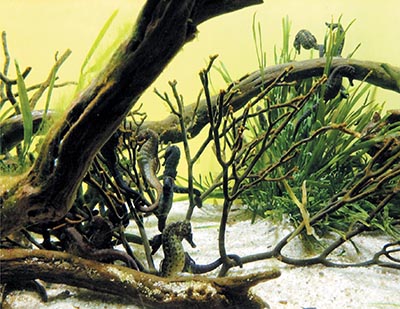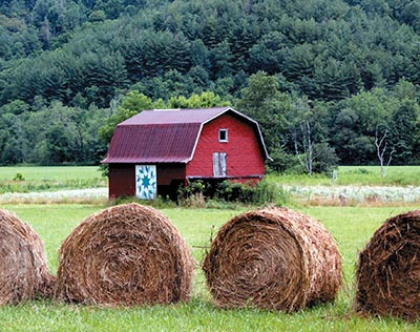Do you spend a lot of your time outside or in the lab studying all types of living organisms? Do the life cycles of various plants and animals fascinate you? Are you curious about how living things work and interact together? Are you interested in a career working with an agriculture-related business?
We reveal rewarding careers for students who major in one of the life sciences, including biology, botany, and agriculture.
About the Majors
The life sciences deal with a very broad category of sciences concerned with the study of living organisms (including plants, animals, and humans).
We will focuse on biology (the biggest of the life sciences), botany, and agriculture.
Biology
Biology is the study of living organisms, how they live, interact with other living things, and how they evolve. Most biology majors receive a broad introduction into the many facets of the field, touching on a wide range of topics, including molecular and cellular biology, biotechnology, microbiology, entomology, genetics, physiology, evolution, and ecology.
Biology is a very common major at most colleges and universities.

Typical courses include
. Principles of Biology
. Molecular Biology
. Microbiology
. Cell Biology
. Molecular and Cellular Biology
. Plant Physiology
. Evolutionary Biology
. Animal Physiology
. Scientific Theory and Practice
. Biotechnology
. Marine Biology
. Neurobiology
. Plant Biology
. Entomology
. Ecology
. Epidemiology
. Genetics
. Virology
. Evolution
. Genomics
Botany
Botany is the study of plants, how they function, what they look like, how they are related to each other, where they grow, and how they evolve. It’s the study of plants from algae to giant redwoods. Plants are at the core of all environmental communities, from providing shelter to animals to filtering the air and supplying remedies to common ailments.
Botany is a fairly specialized major (often combined with another of the life sciences), so you will need to seek out universities with this major.
Typical courses include
. Environment Appreciation
. Plant Form and Function
. Evolutionary Survey of Plants
. Ethnobotany
. Plant Anatomy and Morphology
. Plant Physiology
. Plant Genetics
. Plant Geography
. Biology of the Plant Cell
. Mycology
. Natural Resource Management
. Algology
. Taxonomy of Vascular Plants
. Hydrology
. Intermountain Flora
. Plant Evolution
. Cell Culture
. Soils
. Plant Reproduction
. Global Botanical Change

Agriculture /Horticulture
Agriculture and horticulture majors grow, market, and use fruits, vegetables, flowers, landscape plants, and turfgrass. The courses focus on a broad number of topics, including plant science, soil science, horticulture, agricultural engineering, agricultural education, and agribusiness. The major prepares students for applied careers in the education, design, or management of farms, nurseries, orchards, vineyards, garden centers, botanical gardens, and fields and parks.
Both agriculture and horticulture are fairly specialized majors, so you will need to seek out universities with this major.
Typical courses include
.Turfgrass Management
. Plant Pathology
. Integrated Pest Management
. Vegetable Production
. Plant Physiology
. Greenhouse Operations
. Greenhouse Crop Production
. Nursery Management
. Herbaceous Ornamental Plants
. Plant Propagation
. Garden Center Management
. Landscape Design
. Soil Fertility
. Insect Pest Management
. Pesticide Safety and Management
. Agricultural Economics
. Plant Micropropagation
. Farm Management
. Plant Biotechnology
. Agricultural Irrigation and Water Systems
. Horticulture Technology
. Seed Production and Technology
. Computer Applications in Agriculture
. Soil and Water Engineering
. Agriculture Education, Extension and leadership
. Seed, Crop, and Grain Analysis
. Arboriculture
























